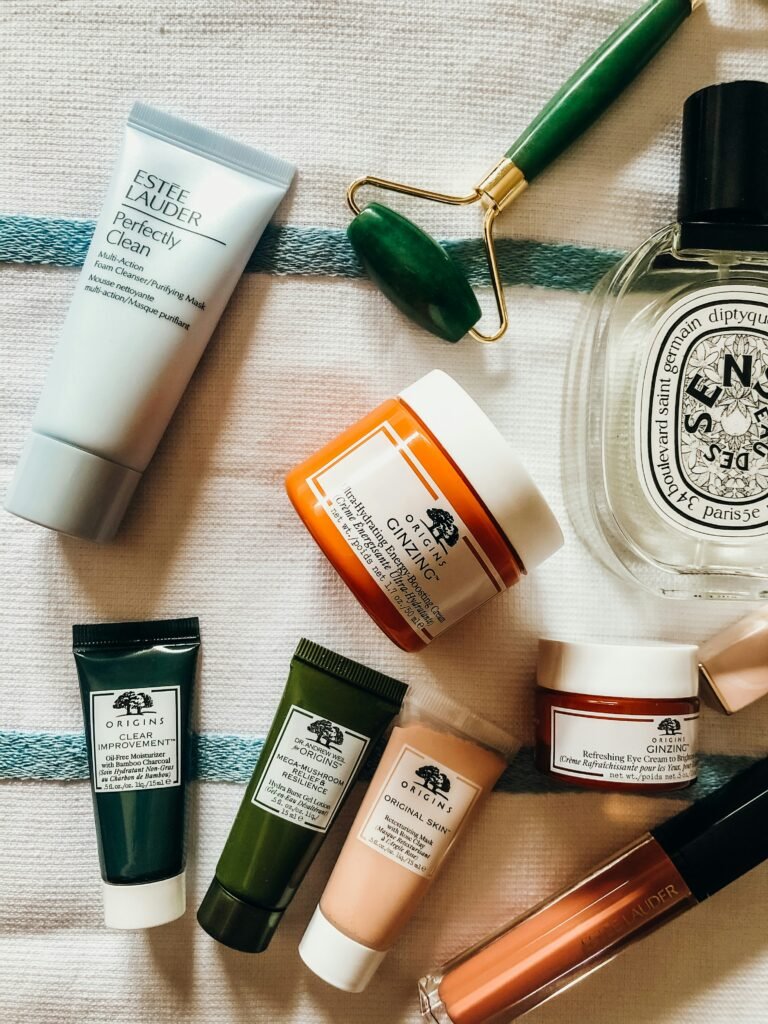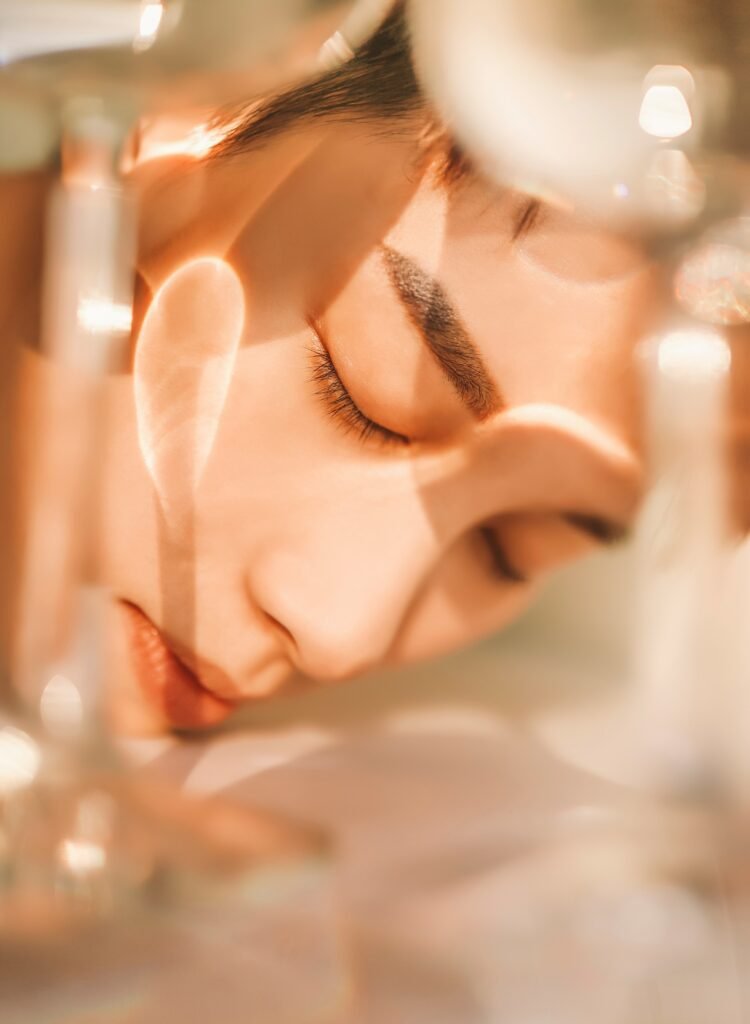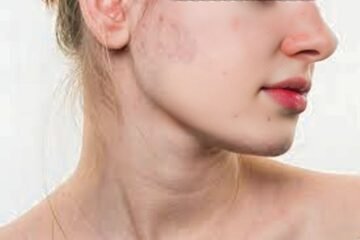The functions and care of human skin

The skin is the body’s largest organ, made of water, protein, fats and minerals. Your skin protects your body from germs and regulates body …
Protecting against pathogens. Langerhans cells in the skin are part of the immune system. Storing lipids (fats) and water. Creating sensation through nerve endings that detect temperature, pressure, vibration, touch, and injury.
Protection to physical trauma, biological, chemical agents and UV radiation Prevents water loss Thermoregulation (regulates body temperature to heat & cold) Excretory function – sweat Sensory information Expression Vitamin D synthesis Main part of external beauty Largest organ of the body ~ 16% of the body weight
- Human Skin sebaceous gland epidermis dermis subcutis fat cells hair follicle eccrine sweat gland
- Wrinkles Age spots Dryness Skin becomes thinner and loses fat Susceptible to damage or take long to heal sagging skin Chronological aging • As age increases • Begins at mid 20s
- Smoking Unhealthy Diet Sun exposure Photo aging external factors Harmful chemicals
- Other causes of skin changes Allergies to plants and other Conditions including: substances Blood vessel diseases Climate Diabetes Clothing Nutritional deficiencies Exposures to industrial and Obesity household chemicals Reactions to medications Indoor heating Stress Hormonal changes
- Internal care External care
- Skin Water vs. contains other 70% water fluids More amount for active life style
- Vitamin C rich Fruits and vegetables Reduce effect of Vitamin A rich Fruits and vegetables sun damage Vitamin E rich foods
- Two Macronutrients for Skin Fats & Oils Protein Cell generation and repair Almonds, Ghee, Walnut, Flax seeds, Safflower oil etc.
- Zinc : for healthy Skin Vegetable sources: Cauliflower, Cucumber • Wound healing , Tomato, Peas, Lettuc e, Radish • Mild astringent – dry skin, itching, rash, diaper rash Fruits: • Prevention of acne Banana, Blackberry, O lives, Peaches, Strawb • Used in the treatment of erry dermatitis. Milk & milk Nuts & Oil Seeds: products Almond, Cashew, Peanut, W alnut, Pumpkin seeds, Sunflower seeds, Selenium potent antioxidant
- Acne & Foods Caffeine: increase Hormone production Sources; Coffee, Tea, Cola drink, Chocolate Refined CHO & Sugar: Insulin secretion and hormonal activity Dairy & meat Products: Individual sensitivity Nuts: Almonds, peanuts, Walnut Tuna: high mercury levels
- Exercise & Skin Health •Reduces Acne: improves blood circulation • Distressing • Improved Hormonal balance •Detoxify
- Healthy Skin Diet tips Hydrate your self through out the day Swap your carbohydrates Trade in your fats Criticize your diet keep strings and peels Look after protein intake https://bestskinadvisor.com/sumer-skin-care-routine-skin-care-advisor-oliy-skin-care-advisor-best-skin-care/



0 Comments